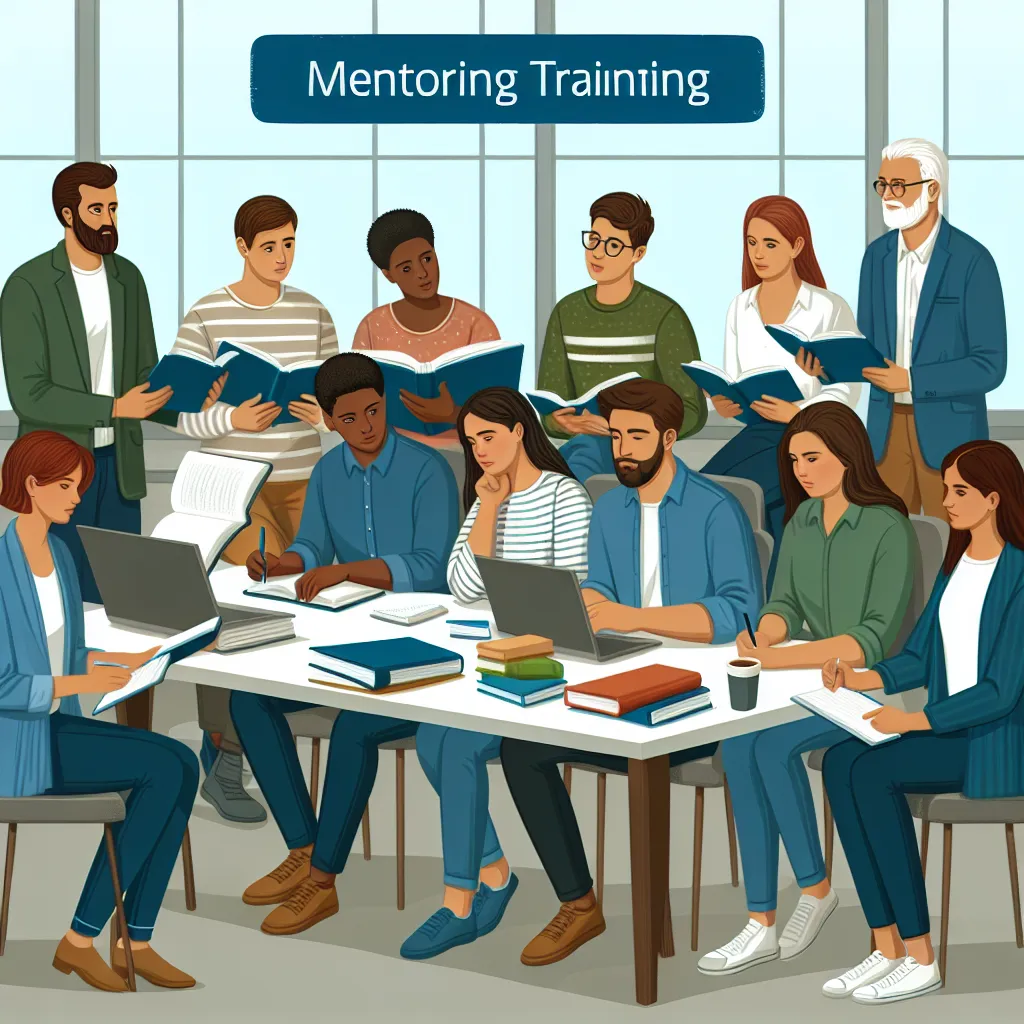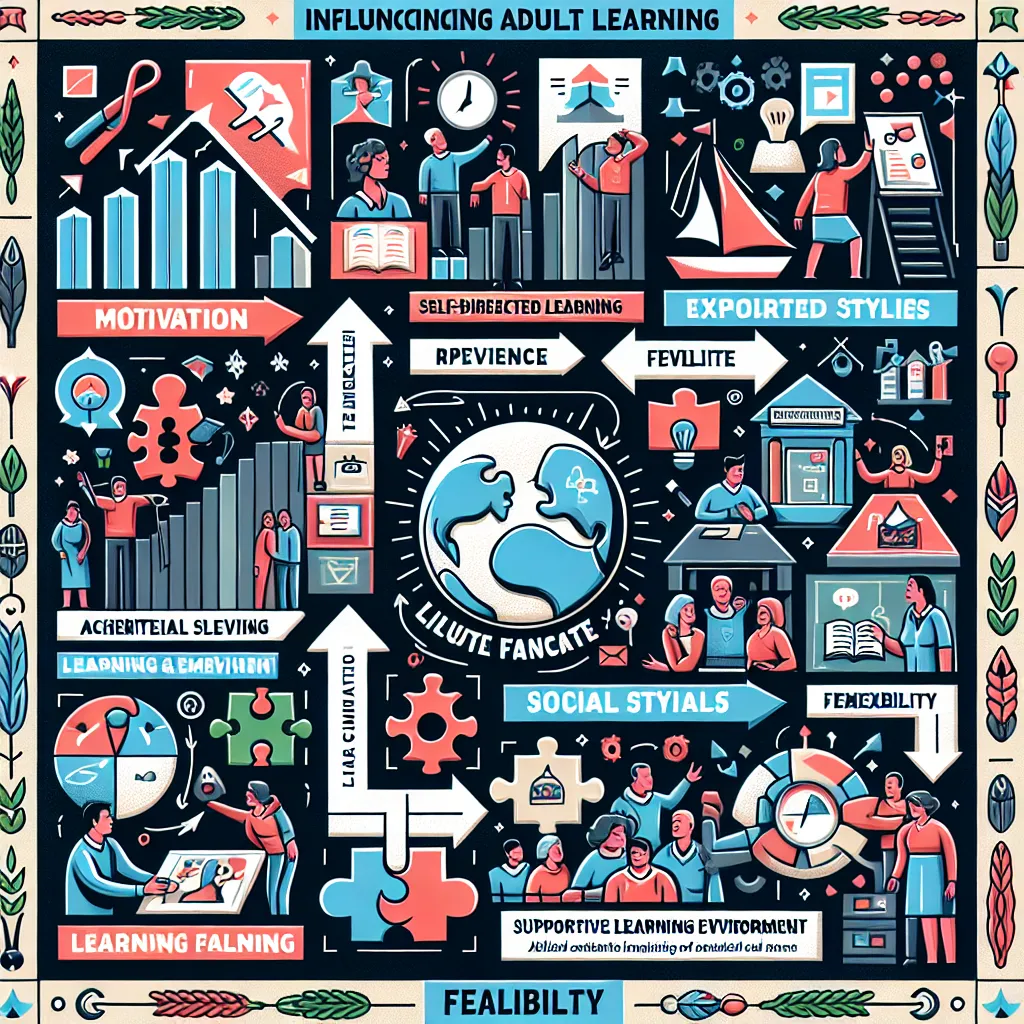Ask AI on The Internet
Question: Training as a mentor (by whom and how much formal/informal training, accredited or not)
Training as a mentor can vary significantly in terms of formality, duration, and accreditation. Here’s an overview of some options and considerations: ### 1. **Formal Training Programs** - **Universities and Colleges:** - **Type:** Many educational institutions offer courses and certificates in mentorship and leadership. - **Accreditation:** These programs are often accredited and can be seen as a formal certification in mentorship. - **Duration:** They can span from a few months to a couple of years, depending on the depth and breadth of the program. - **Example:** A postgraduate certificate in coaching and mentoring. - **Professional Organizations:** - **Type:** Organizations like the International Mentoring Association (IMA) or the European Mentoring and Coaching Council (EMCC) offer certification programs. - **Accreditation:** These certifications are well-recognized in professional communities. - **Duration:** Often shorter than university programs, ranging from a few weeks to several months. ### 2. **Informal Training Programs** - **Workshops and Seminars:** - **Type:** Many companies and consulting firms offer workshops or short courses on mentoring skills. - **Accreditation:** These programs may not be accredited but can offer valuable skills. - **Duration:** Typically 1-2 day workshops or a series of sessions over a few weeks. - **Online Courses:** - **Type:** Online platforms like Coursera, LinkedIn Learning, or Udemy offer courses on mentorship. - **Accreditation:** These can range from non-accredited to certified by industry organizations. - **Duration:** Flexible, from a few hours to several weeks, depending on the course. ### 3. **On-the-Job Training** - **Company-Sponsored Programs:** - **Type:** Some organizations have internal mentorship training programs for employees. - **Accreditation:** Typically not formally accredited but recognized within the company. - **Duration:** Varies widely based on the company's structure and program. ### 4. **Self-Directed Learning** - **Reading and Research:** - **Type:** Books, articles, and other resources on mentorship and leadership. - **Accreditation:** None. - **Duration:** Self-paced, depending on the individual's commitment. - **Mentoring Networks and Peer Groups:** - **Type:** Joining professional mentoring networks or peer mentoring groups. - **Accreditation:** None. - **Duration:** Ongoing, as these often involve continuous learning and exchange of ideas. ### Important Considerations 1. **Goals:** Determine your goals for seeking mentorship training. Are you looking to formally certify your skills, or are you seeking practical, hands-on experience? 2. **Reputation:** Research the reputation and credibility of the training provider. 3. **Resources:** Consider the resources available to you, including time and financial investment. 4. **Networking:** Formal programs often provide networking opportunities, which can be invaluable. ### Conclusion Your choice of training will depend on your specific needs, professional goals, and available resources. A combination of formal and informal learning approaches can also be effective, as it allows you to gain accredited knowledge as well as practical, real-world experience.
Think your answer is better than the AI's? Post it below.
Other Most Relevant Posts:
 Steps for Evaluating Training Program: Strengths, Content, Materials, Trainer, Testing, Satisfaction, Performance, Cost
Steps for Evaluating Training Program: Strengths, Content, Materials, Trainer, Testing, Satisfaction, Performance, Cost
 Ask AI: From your observations, how did the mentor teacher support the children who experience barriers to learning during activities and lessons?
Ask AI: From your observations, how did the mentor teacher support the children who experience barriers to learning during activities and lessons?
Question Tags
If you want your question answered by an AI, click here.





Post your own comment: